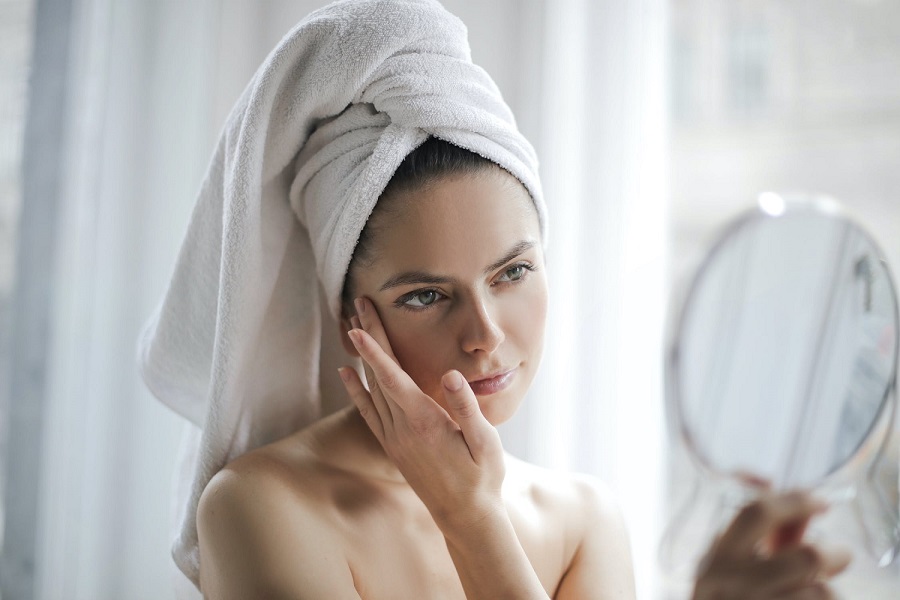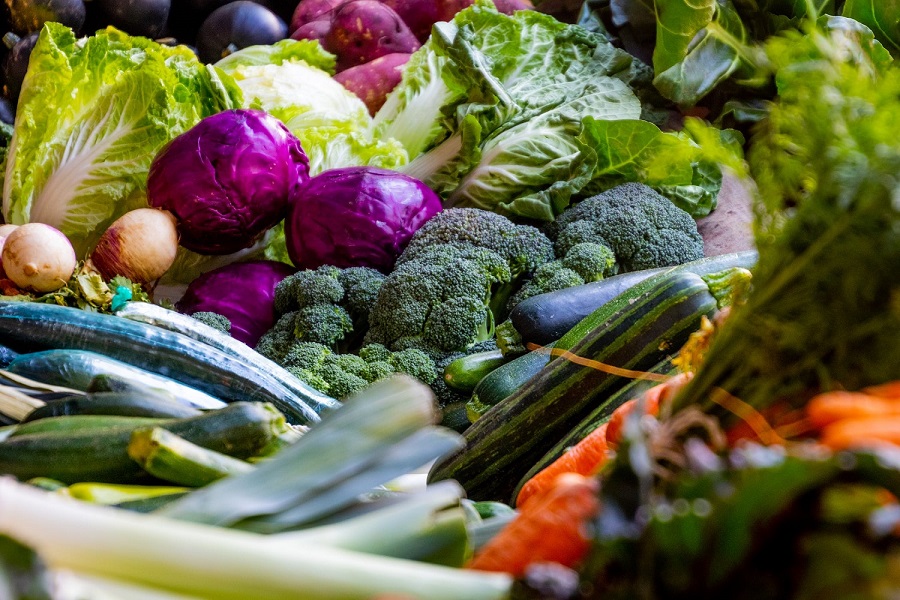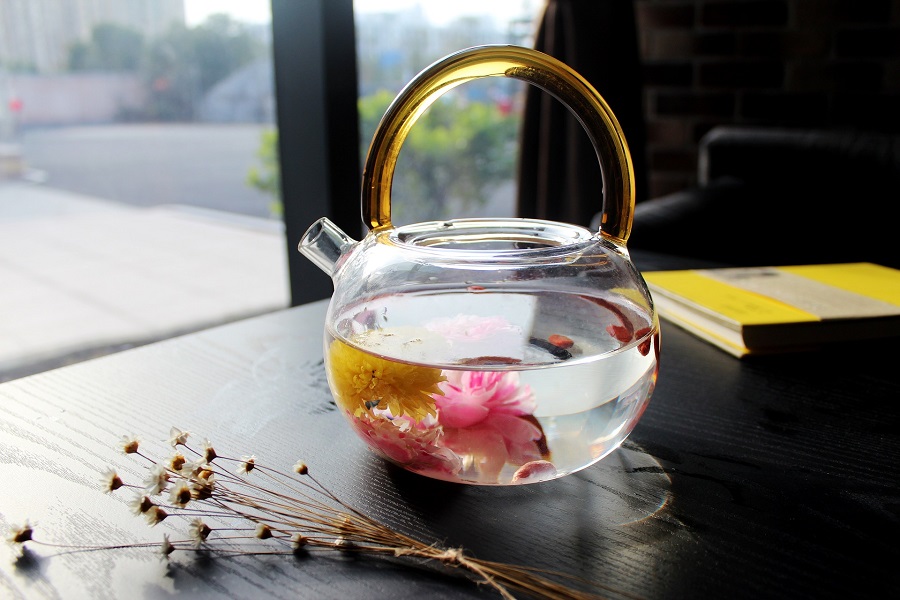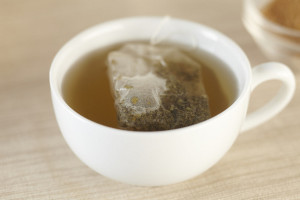Is sugar aging your face?
Sugar is one of the biggest enemies for those sticking to healthy living habits, but it can be wreaking havoc on your skin and body as well. The truth is: sugar causes premature aging. Here is a closer look at how this process happens.
How sugar damages your skin

The process that your skin is damaged is called glycation. When the sugar molecules are ingested, they’ll bind with protein and fat molecules in the body and then form a harmful by-product called AGEs (advanced glycation end-products). The AGEs will feed off of healthy collagen and elastin, zapping them of strength and spring. So the result is that you’ll notice fine lines, sagging, and wrinkles on your face.
AGEs also deactivate your body’s natural antioxidant enzymes, making your skin more vulnerable to environmental assailants like pollution, blue light, and UV rays.
Signs that sugar is aging your skin

Because glycation is the accumulation of oxidative damage, hormonal changes, and AGEs development, your skin will have the aging signs once it is unable to counteract the damage done with sufficient collagen and elastin synthesis.
- Your skin looks hard and shiny.
- There are discoloration and hyperpigmentation marks on your skin.
- Deep crevices appear, such as those in the laugh line area.
- You’ll have deep, crosshatch lines along your upper lip.
- The skin around your jowl area is sagging.
So how to slow down glycation

Glycation is unstoppable because it is based on the ingestion of carbohydrates, which is the body’s main energy source. However, you can slow down the process by taking control of sugar intake and keep a healthy lifestyle.
- Stay hydrated: Staying hydrated can not only support the production of collagen and elastin, but it will improve your body’s ability to counteract the effects of glycation. To maintain hydration, you can drink water and have water-rich foods, including watermelon, cucumber, and tomatoes.
- Cut down on sugar: Many snacks and packaged foods contain a high amount of hidden sugars like fruit juice concentration and maple syrup. They will produce the most AGEs and thus speed up glycation. If you can’t totally avoid sugar, it’s important to keep sugar intake within no more than 10% of your daily calorie intake.
- Supplement antioxidants: Antioxidants can protect your skin and body from the damage caused by free radicals. Your body naturally produces antioxidants, of course, but you can also supplement them from daily foods like berries, leafy greens, and coffee.















